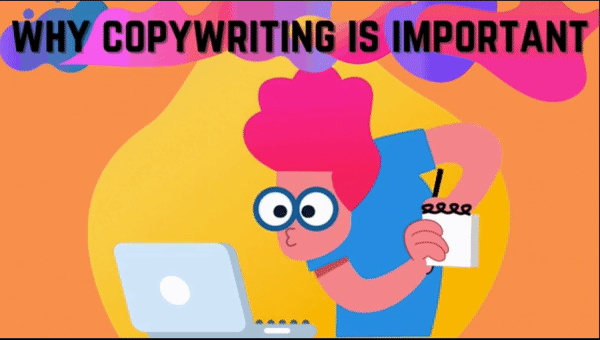I had a nightmare last night. I was in the future, I think, and I was running away. I couldn’t be caught because I wasn’t a local inhabitant. It was a bleak future, one where even computers couldn’t be used. They were out by the trash. One where owning a piece of land was one of the few things that would allow you to keep your life; a place where the fish was inedible, despite its abundance.
Maybe this nightmare isn’t so far off. I recently spoke to someone who used to work for the oil industry in Britain. He thinks ‘green’ initiatives are just delaying the doom. We’re making progress, but, is it fast enough? Will our efforts repair all the damage and chaos?
According to the Environmental Protection Agency, nearly half of the nation’s waters are unsafe for fishing and swimming. There have been over 20,000 oil and chemical spills in the United States every year since 1991. The federal government has declared over 1200 “SuperFund sites,” EPA’s program to identify, investigate, and clean up uncontrolled or abandoned hazardous waste sites throughout the United States.
On the other side of the planet, the livelihood of the inhabitants along the Niger Delta is being destroyed. The purchase of these lands by oil companies results in the installation of pipelines which cause deforestation and water pollution. One of the solutions to decrease poverty in Africa would be for oil companies to leave and restore the mangroves, which provide income via fishing and serve as a protective barrier for the inhabitants against storms and coastal erosion.
It doesn’t help that the big oil companies are persuading their employees to rally on their behalf, i.e.: Energy citizens. As much as we try to move forward with green initiatives and a reduction in energy, too many people presently depend on the living that working for oil provides and on the fuel that feeds our cars’ tanks. Fortunately, renewable energy may generate many more jobs than traditional energy creates. According to the Solar Energy Industries Association, more jobs can be created within the renewable energy field than those created for the same investment in the oil and coal industries.
What can we do? For one, we can cut down our energy consumption by taking public transportation, installing energy efficient appliances, building with eco-friendly materials. We can also educate others and volunteer to clean the coast or help other environmentally friendly organizations. Finally, if you’re an investor, begin investing in renewable energy technologies.




